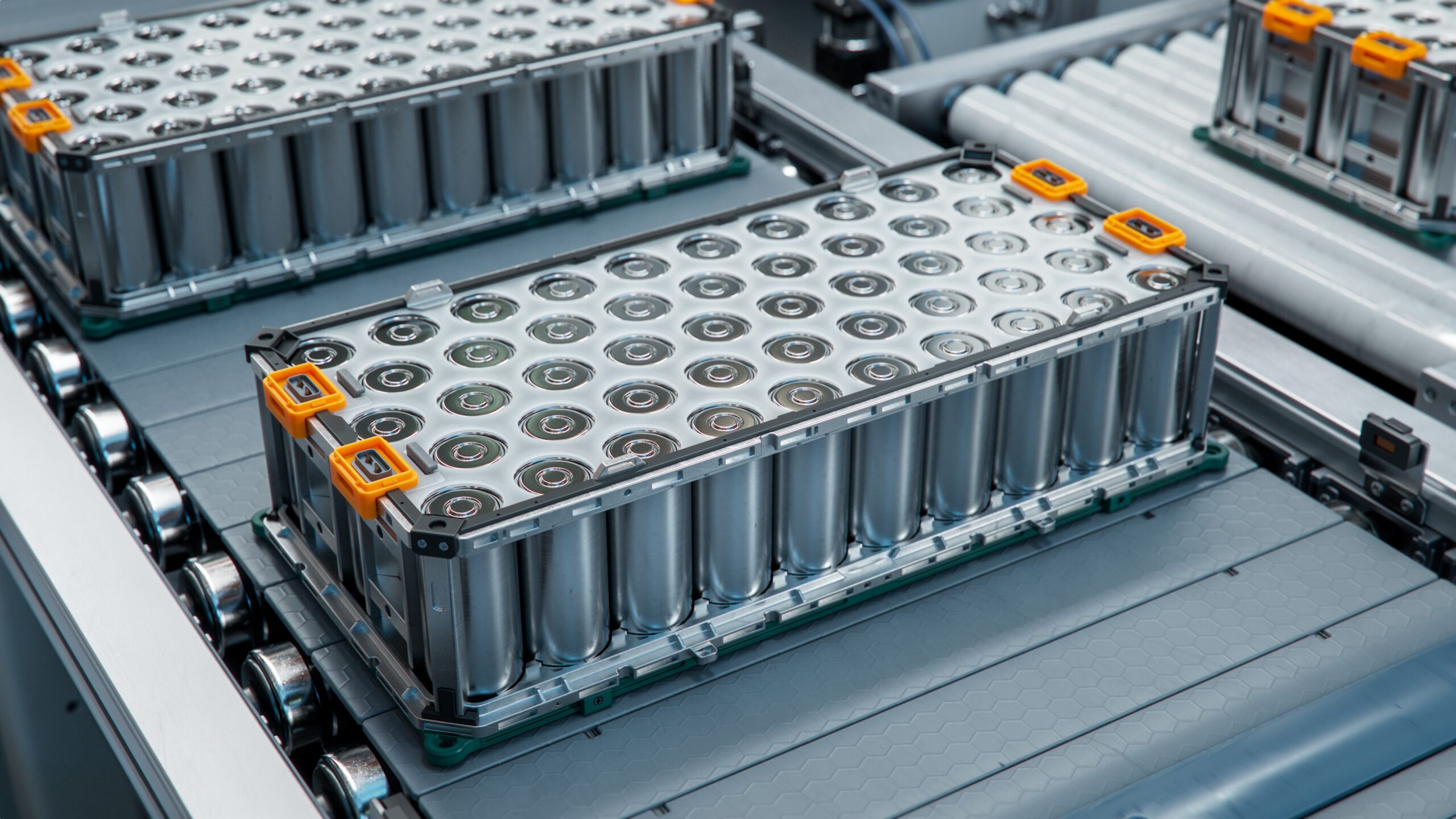Production capacity in liquid contract manufacturing refers to the maximum amount of product a manufacturer can produce within a specific period. It’s crucial for businesses working with contract manufacturers to understand this concept. Knowing the production capacity helps businesses determine whether a manufacturer can meet their needs in terms of volume, timelines, and product availability.
Production capacity isn’t just about how many units can be produced. It also involves how quickly and consistently these units can be made without sacrificing quality. For companies relying on liquid contract manufacturing, a clear understanding of production capacity is essential for smooth operations and reliable product delivery.
Key Factors That Determine Production Capacity
Multiple factors influence a liquid contract manufacturer’s production capabilities. The first is the size and layout of the facility. Larger facilities with well-organized layouts typically have higher production capacities because they can house more equipment and manage workflows more efficiently. The arrangement of machinery and workstations also affects how smoothly production processes can run, influencing overall capacity.
The type and condition of equipment used are also vital. Modern, well-maintained machines can operate at higher speeds and with greater precision, increasing production output. Equipment upgrades and regular maintenance are essential to sustaining high production levels.
Workforce expertise plays a critical role as well. A skilled and well-trained workforce can manage production processes more effectively, leading to higher capacity.
These factors are interconnected, and improvements in one area often lead to benefits in others. For instance, better equipment might reduce the time needed for each production cycle, allowing for more units to be produced within the same timeframe.
How to Evaluate Production Capacity for Your Manufacturing Needs
When selecting a liquid contract manufacturer, evaluating their production capacity against your specific needs is crucial. Start by assessing your required product volume. Determine whether the manufacturer can produce the quantity you need without compromising quality or lead times.
Flexibility is another essential consideration. Your business needs might change over time, so it’s important that the manufacturer can adjust their production capacity to match fluctuations in demand. A manufacturer that can scale up production during peak periods or reduce it during slower times is often more desirable.
Lead times and delivery schedules are also tied to production capacity. If a manufacturer is operating near their maximum capacity, it may lead to delays in production and delivery.
Clear communication of your expectations and requirements is vital when evaluating production capacity. By doing so, you ensure that the manufacturer fully understands your needs and can plan their production processes accordingly.
Balancing Production Capacity with Quality Assurance
Maintaining quality while maximizing production capacity is a delicate balance. When production capacity is pushed to its limits, there is a risk of quality issues, such as rushed production or product defects. To avoid this, manufacturers must implement strict quality control measures.
One effective strategy is batch testing, where products are regularly tested during the production process to ensure they meet quality standards. This helps catch any issues early, preventing defective products from reaching the market.
Process optimization is another key approach. By refining production processes, manufacturers can increase efficiency without sacrificing quality. Techniques like Lean Manufacturing or Six Sigma are often used to identify and eliminate waste in the production process, resulting in higher output with consistent quality.
A strong production capacity is important, but it should never come at the cost of quality. Ensuring that both are managed effectively is crucial for long-term success in liquid contract manufacturing.
The Significance of Capacity Planning in Contract Manufacturing
Capacity planning makes sure that the production capacity is aligned with both current and future demands. Effective capacity planning ensures that a manufacturer can meet production needs without overextending resources.
There are different approaches to capacity planning. Short-term planning focuses on immediate needs, while long-term planning looks at future scalability. Both are important for maintaining a balance between production capacity and demand.
Demand forecasting is a key component of capacity planning. By accurately predicting future demand, manufacturers can adjust their production capacity to meet expected increases or decreases in orders. This helps prevent issues like overproduction or stock shortages.
Resource allocation is also crucial. Properly managing materials, labor, and equipment ensures that production processes run smoothly. This not only maximizes production capacity but also reduces costs and improves efficiency.
Overcoming Common Challenges in Production Capacity Management
Managing production capacity comes with its challenges. One common issue is equipment downtime. When machines break down, it can significantly reduce production capacity. Regular preventive maintenance is essential to minimize the risk of unexpected equipment failures.
Labor shortages can also impact production capacity. A skilled and reliable workforce is necessary to keep production processes running smoothly. Manufacturers must invest in training and retaining their workforce to avoid disruptions.
Supply chain disruptions are another challenge. Manufacturers need to have contingency plans in place to manage the disruptions and maintain consistent production levels. Addressing these challenges requires careful planning and proactive management. By doing so, manufacturers can ensure that their production capacity remains stable and that they can meet their clients’ needs.
Maximizing Production Capacity with the Right Manufacturing Partner
Understanding and managing production capacity is vital for successful liquid contract manufacturing. It involves considering various factors, such as facility size, equipment, workforce, and supply chain management. Assessing a manufacturer’s production capacity is crucial for ensuring smooth and timely production. Aligning their capabilities with your specific needs is essential for achieving optimal results.
To learn more about how Yellow Emperor can support your liquid manufacturing projects with our robust production capacity, contact us today.







